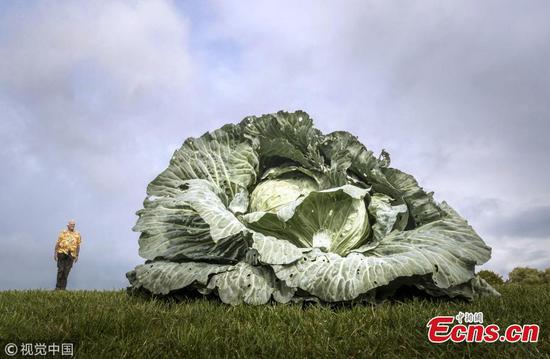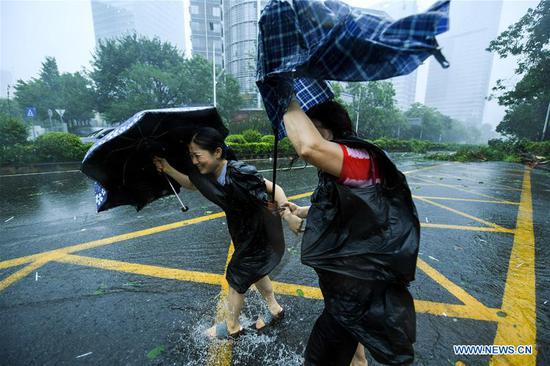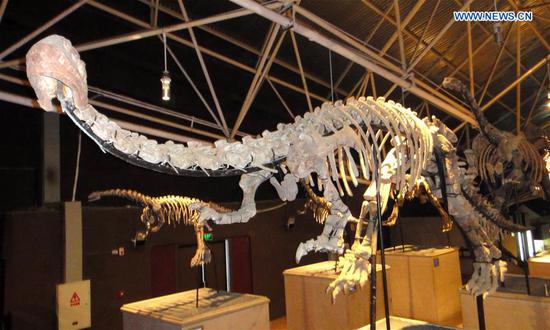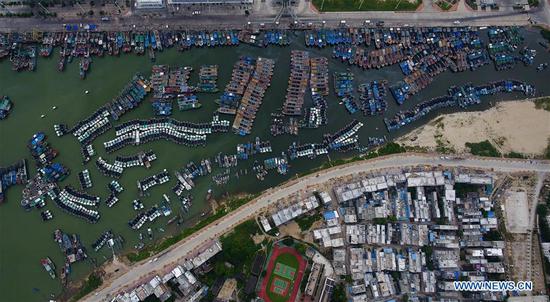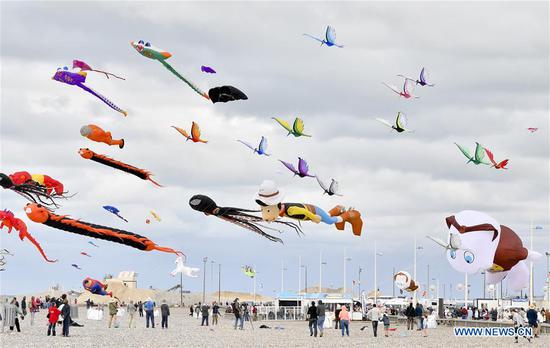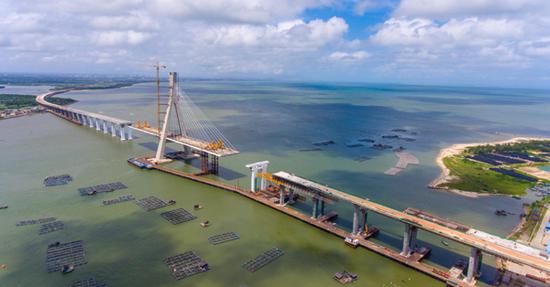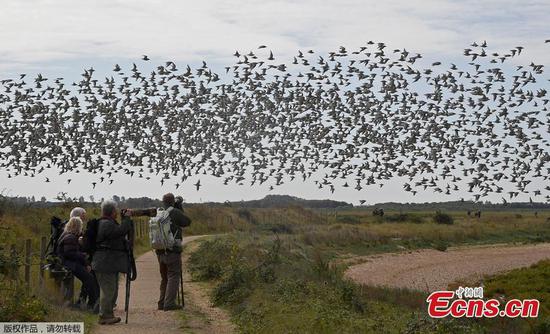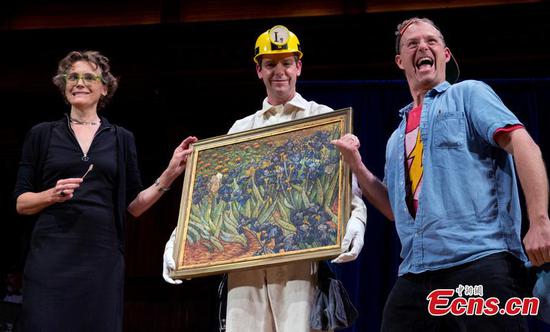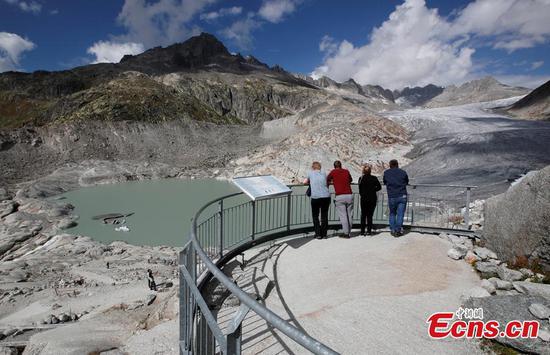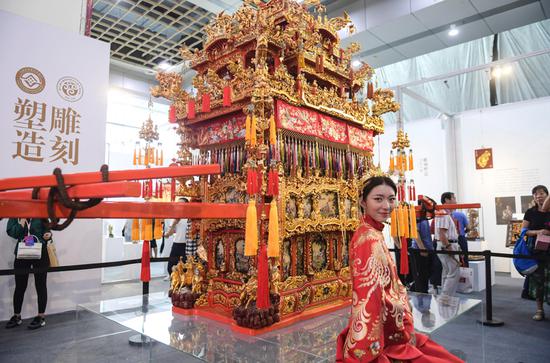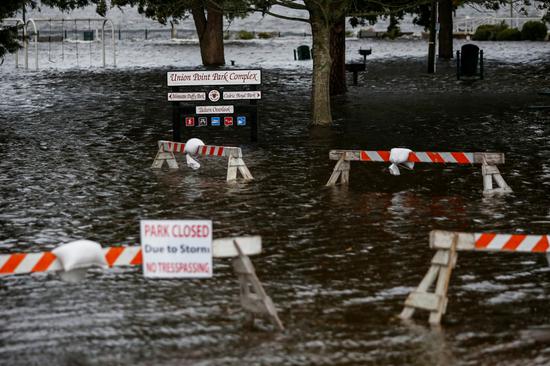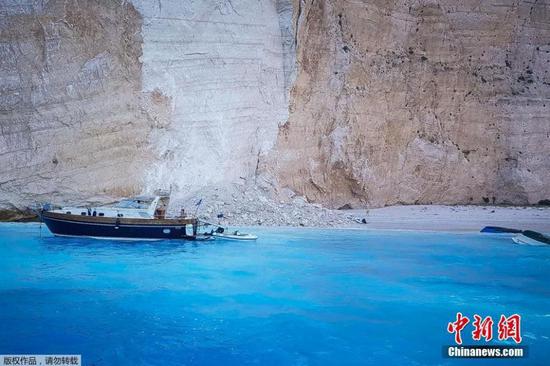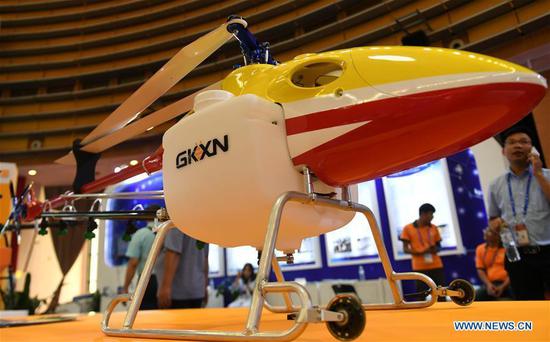A fierce political row over migration policy triggered in Germany following violent anti-immigrant clashes in the city of Chemnitz, underlines a new line of conflict emerging within the European Union (EU) between nationalists and cosmopolitans, experts say.
"We have always defined much of European politics along the differences between Left and Right, but there is now a new line of conflict coming to the forefront, between nationalists and cosmopolitans, between those who are against migration and prefer closed borders and those, who are in favor of internationalism and openness," said Ben Crum, professor in political science at the Vrije University (VU) in Amsterdam.
MIGRATION POLICY ROW REIGNITED
According to Crum, the political debate currently evolving in Germany, where the violent clashes in the city of Chemnitz reignited a row over migration policy, could be seen along this new line of conflict. "The political debate in Germany is actually a fight over Angela Merkel's legacy, and it remains to be seen how German politics will evolve after the Chancellor concludes her term in office in some four years," the political expert told Xinhua, noting that "what happens in Germany is essential to the EU."
Violent right-wing protests broke out in Chemnitz late in August, in the eastern German state of Saxony, following the killing of a German man for which two immigrants from Syria and Iraq were arrested. The clashes have deeply shaken German politics, reviving strains in German Chancellor's Angela Merkel's government and sparking an intense debate about Merkel's open border 2015 policy to let in more than a million refugees.
"In German politics a lot depends on how Merkel's Christian Democrats and their allies, the Christian Social Union (CSU), succeed in becoming a stable alliance again, managing to win back voters they lost in last September's elections to far-right Alternative for Germany (AfD)," said Mark Elchardus, Emeritus professor of sociology at the Vrij University of Brussels (VUB).
Angela Merkel's government faced its deepest crisis since she became chancellor, when a dispute on migration policy between her party, the Christian Democratic Union (CDU) and its ally, the Christian Social Union (CSU) broke out in June.
Anti-immigration sentiment, which according to Elchardus is on the rise across the EU despite a sharp drop in the actual number of migrants arriving to the European Union to pre-2015 level, holds a key role in the emerging line of conflict between nationalists and cosmopolitans in Europe.
"Today the migration crisis is more about how people react to new arrivals and not about how to actually manage the number of those reaching the EU," said Elchardus. The rate at which migrants are arriving has dropped sharply in Europe since the huge inflows in 2015. According to latest data available by Frontex, the EU's border and coast guard agency, in the first eight months of 2018 the number of irregular border crossings into the EU fell 40 per cent from a year ago to about 86 500. In 2015 more than one million refugees and migrants crossed into Europe.
ORBAN VS MACRON
"On the European scene the emerging extremes of the nationalist position versus the cosmopolitan one are best embodied by Hungary's prime minister Viktor Orban on one side and by French president Emmanuel Macron on the other," said Crum.
"Europe looks very much a struggle between what Macron stands for and what Orban stands for," agreed Elchardus, noting that it is unclear how this battle for influence will evolve, especially in regards to party alliance making in the run-up to European Parliament (EP) elections in May 2019.
"The opposition between them is very clear, Macron stands for liberal democracy, he is pro-European, whereas Orban advocates illiberal democracy, he is Eurosceptic and against immigration, but it is completely unclear how this is going to translate in alliances within the European parliament," the sociologist said.
Macron framed next year's European elections as a strong opposition "between nationalists and progressives" late in August, following statements by Italy's far-right Deputy Prime Minister Matteo Salvini and Orban, who labelled the French president their number one enemy.
Critical to further developments is whether Orban's Fidesz party remains within the conservative European People's Party (EPP), currently the largest grouping in the European Parliament. "It is doubtful whether Orban's party will remain in the EPP," said Crum, noting that "it will be more natural to either be boosted out or to be moved to a more right-wing nationalist group within the EP."
Orban said in June he would prefer Fidesz to stay within the EPP and try to reform the group from the inside, but EPP members, including Merkel's Christian Democrats, have criticized some of Orban's policies.
Macron's strategy for the European elections is decisive on how the balance of political powers along the conflict of nationalists versus cosmopolitans will evolve within the EU. "Macron has not affiliated himself to any of the European political families and hasn't attempted to create his own group either," said Crum.
Moreover, big questions loom over Europe's Social Democrats. "The decline of social democracy and the inability of those parties to regain their initiative, is an important factor because they have the potential of stopping the rise of far-right, anti-immigration forces," said Elchardus.
While Europe has seen a rise in support for far-right, anti-immigrant parties in recent national and regional elections, social democrats have experienced a sharp drop in popularity in several countries across the Continent, underlined by recent developments in Sweden. In last week's national elections in the Nordic country the Social Democrats' vote share fell to its lowest level since 1911, while the anti-immigration nationalists Sweden Democrats made gains.
Elchardus anticipated further rise in support for anti-immigration, nationalist forces but he saw no majorities in Western European countries, where mainstream democratic parties "manage to contain the rise of far-right by getting tougher on migration and European integration positions".









